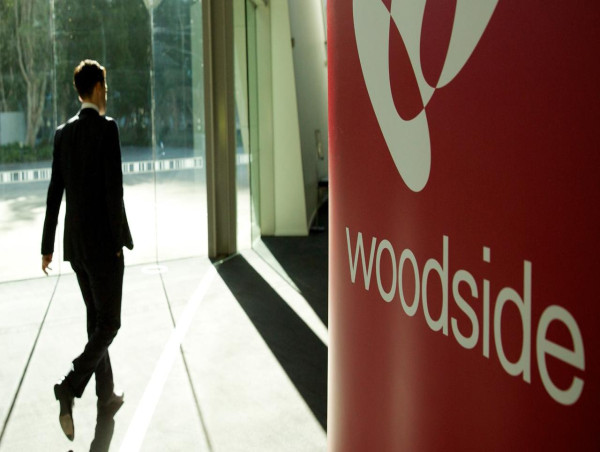Woodside Energy and its partners could face a crippling carbon emissions bill if proposed new gas fields off the west coast go ahead, independent modelling claims.
There would be a cumulative liability of up to $63 billion to 2050 from the Burrup Hub liquefied natural gas (LNG) export project, according to research released on Wednesday.
Think tank Climate Energy Finance (CEF) has tallied the cost based on the recently legislated emissions safeguard mechanism and the development of the proposed Browse and Scarborough mega-gas fields off the WA coast, if emissions at existing gas facilities are not cut.
The safeguard mechanism does not stop the new projects going ahead, but does bring them under emissions controls from day one.
CEF director Tim Buckley said Woodside faces mounting "investor unrest" about its direction and climate commitments.
Critics say Burrup would be the most polluting project ever developed in Australia, exporting some of the world's dirtiest LNG for up to 50 years.
The new modelling calls on the board to urgently re-evaluate the investment case for the projects, and use the recently legislated safeguard mechanism to invest in emissions reduction at its existing facilities.
Under the mechanism, taxpayer-funded credits are available if big emitters such as Woodside outperform their onsite emissions reduction obligations.
But with the carbon price set to rise annually and free permits set to diminish as emission limits tighten, the decarbonisation investment incentive is significant and growing, Mr Buckley said.
The default option to do nothing and pay for carbon offsets will become increasingly expensive for Woodside, he said.
The CEF report recommends various ways to decarbonise LNG operations, including by using renewable energy generation and storage to replace gas when running big-emitting processing plants.
Mr Buckley said there is also pressure on Woodside to prove if carbon capture and storage (CCS) technology - a preferred method in the gas industry to achieve net-zero emissions - can work consistently at the scale claimed by developers.
"Importantly, any investment in CCS should be paid for by Woodside, under the polluter-pays principle," he added.
He said Woodside is responsible for one per cent of the global carbon budget to 2050 when emissions exported to customers are included, which means it has a responsibility to accelerate its decarbonisation plans this decade.
Woodside has been contacted for comment.



